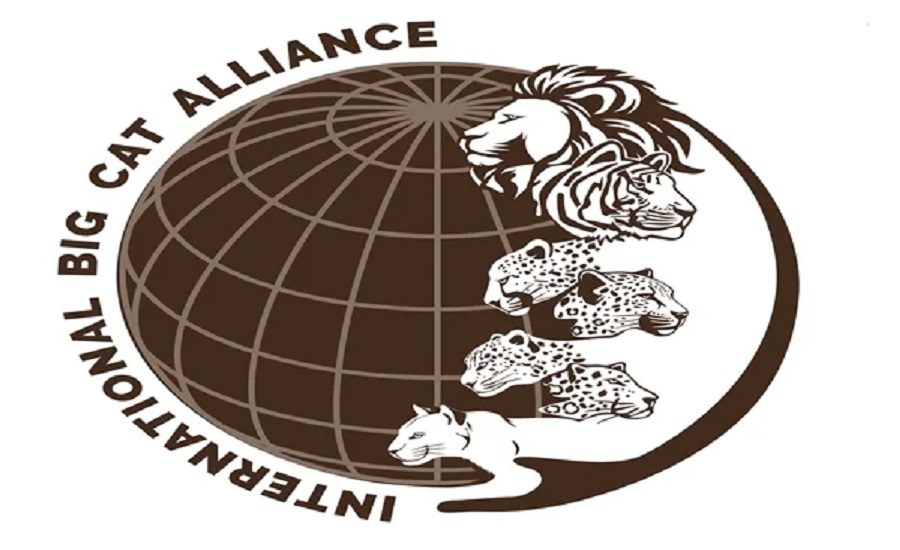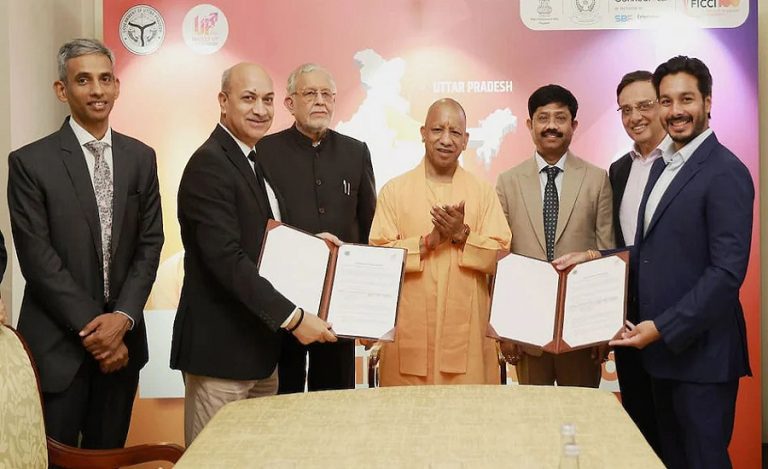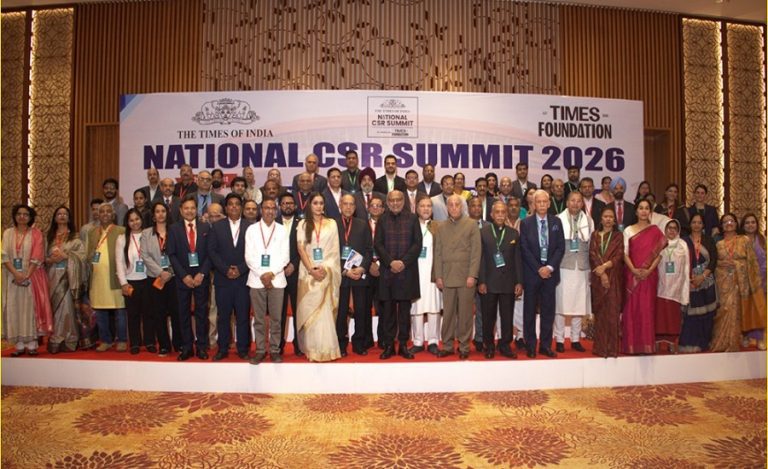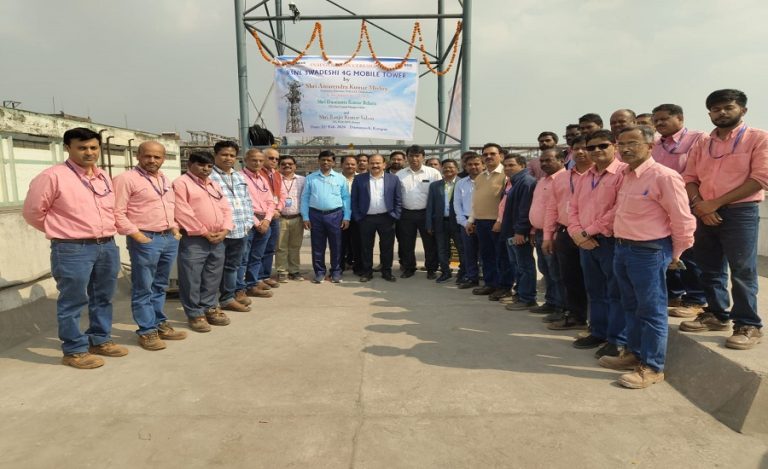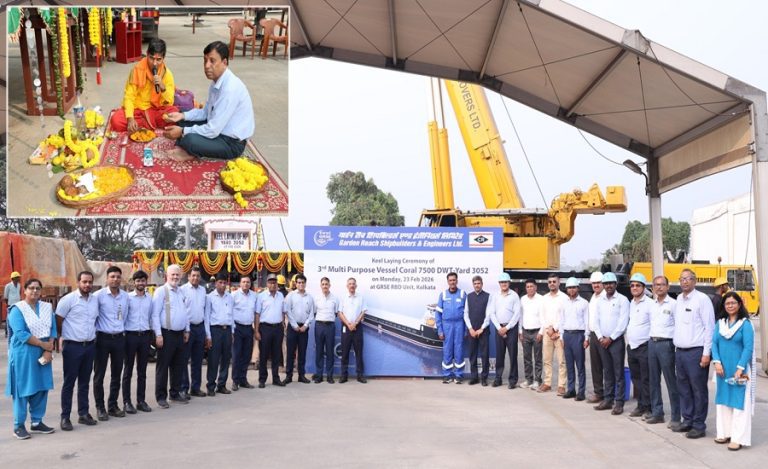New Delhi/Kathmandu: In a major stride toward international wildlife conservation, Nepal has officially joined the International Big Cat Alliance (IBCA) by signing the Framework Agreement. The announcement was made by the IBCA on Saturday, marking a significant step in regional and global cooperation for the protection of endangered big cat species.
A Vital Addition to the Alliance
The IBCA hailed Nepal’s decision, stating that “with snow leopard, tiger, and common leopard in its landscape, Nepal’s joining will strengthen global collaboration for big cat conservation.” The alliance also congratulated the Government of Nepal for this ecologically significant step, calling it a move toward shared ecological security.
Nepal’s Conservation Success: Tiger Numbers Nearly Tripled
Nepal has emerged as a conservation success story in recent years, tripling its tiger population from 121 in 2009 to 355 in 2022, according to the latest tiger census. This achievement aligns well with IBCA’s goals and showcases Nepal’s commitment to big cat conservation.
What Is IBCA?
The International Big Cat Alliance (IBCA) is a treaty-based intergovernmental organization initiated by Indian Prime Minister Narendra Modi. Launched on April 9, 2023, in Mysuru, Karnataka, during the 50th anniversary of Project Tiger, the alliance is dedicated to conserving seven big cat species:
- Tiger
- Lion
- Leopard
- Snow Leopard
- Cheetah
- Jaguar
- Puma
The IBCA brings together over 90 countries, both big cat range nations and supporters, in a multi-country, multi-agency coalition focused on knowledge sharing, resource mobilization, and capacity building.
India’s Leadership Role
India, home to five of the seven big cat species, has assumed a leadership role in IBCA. The country’s long-standing experience in tiger conservation, as well as its successful models for lions, leopards, and snow leopards, form the foundation for the alliance’s strategies.
In a significant move to support IBCA’s functioning, the Government of India recently granted it privileges and immunities under the United Nations (Privileges and Immunities) Act, 1947. This was formalised via a Gazette Notification by the Ministry of Environment, Forest and Climate Change on August 8, 2025.
IBCA: Headquartered in New Delhi
As of January 2025, IBCA began functioning as a full-fledged legal entity with its headquarters in New Delhi. The alliance aims to provide a structured global platform for big cat conservation, enabling:
- Scientific collaboration
- Capacity building
- Policy support
- Technical assistance
- Conservation finance mechanisms
- A Unified Global Platform for Big Cats
With Nepal’s formal inclusion, the IBCA now grows stronger in its mission to create a unified global voice for big cat conservation. Countries can now share best practices, research, and conservation strategies and collaborate on policy and enforcement to combat threats like habitat loss, poaching, and human-wildlife conflict.

